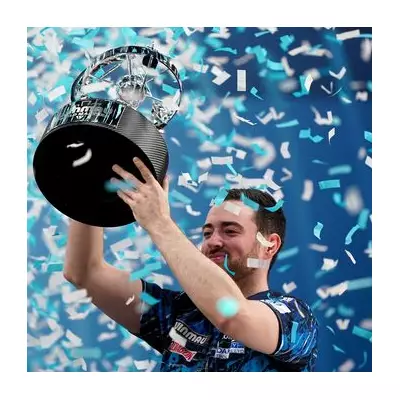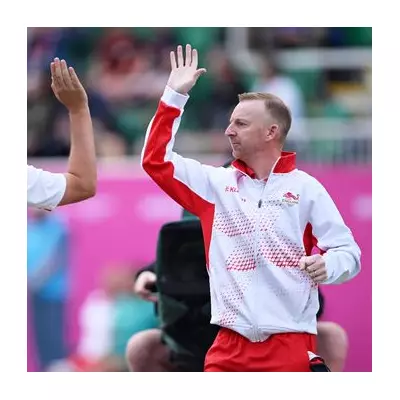
When Martin O'Neill walked through the doors at Celtic Park in the summer of 2000, few could have predicted the seismic shift about to engulf Scottish football. The Northern Irishman arrived with a reputation for tactical innovation, but what followed would become the stuff of Celtic legend.
The Instant Impact That Shook Glasgow
O'Neill's transformation was immediate and breathtaking. Within months, he had moulded a team that played with relentless intensity and tactical discipline. His first season remains one of the most remarkable in Celtic's storied history - securing a domestic treble while playing football that captivated the Parkhead faithful.
European Nights That Echo Through Time
The 2002-03 UEFA Cup campaign stands as O'Neill's masterpiece. That unforgettable run to the final in Seville featured victories over Blackburn Rovers, Celta Vigo, Stuttgart, and Liverpool - each performance building belief that something special was unfolding.
"The atmosphere during those European nights was electric," recalls former player John Hartson. "Martin had us believing we could beat anyone. The preparation was meticulous, the team spirit incredible."
The Tactical Genius Behind the Success
O'Neill's approach combined tactical sophistication with raw passion. His teams were organised defensively but played with attacking verve, often overwhelming opponents through sheer force of will. The partnership of Henrik Larsson and Chris Sutton became one of British football's most feared strike forces under his guidance.
- Win percentage over 75% - among the highest in Celtic's history
- Three league titles in five seasons
- Multiple domestic cups including three Scottish Cups
- Record-breaking victories over Rangers
The Legacy That Endures
Two decades on, O'Neill's influence remains woven into the fabric of Celtic Football Club. The standards he set, the football his teams played, and the memories he created continue to define expectations at Parkhead. His tenure proved that Celtic could compete with Europe's elite while dominating domestically.
"What Martin achieved here wasn't just about trophies," reflects former captain Neil Lennon. "He restored belief. He made Celtic a force again, both in Scotland and in Europe. That legacy lives on in every team that takes the pitch at Celtic Park."
For Celtic supporters, the O'Neill era represents more than just silverware - it was a period of rediscovered identity, of European adventures that captured imaginations, and of football that reminded everyone why Celtic Park is one of football's great cathedrals.





